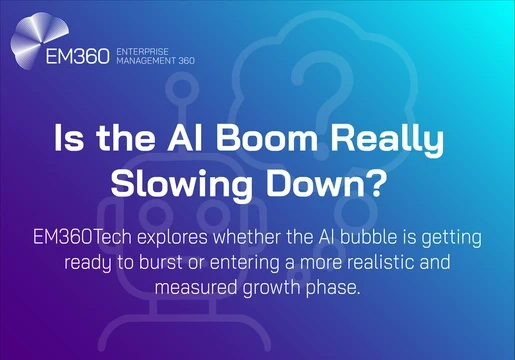Trusted AI ensures that people, data, and AI systems work together transparently to create real value. This requires a focus on performance, innovation, and cost-effectiveness, all while maintaining transparency. However, challenges such as misaligned business strategies and data readiness can undermine trust in AI systems.
To build trusted AI, it’s crucial to first trust the data. A robust data platform is essential for creating reliable and sustainable AI systems. Tools like Teradata’s ClearScape Analytics help address concerns about AI, including issues like generative AI hallucinations, by providing a solid foundation of trusted data and an open, connected architecture.
In this episode, Doug Laney, Analytics Strategy Innovation Fellow with West Monroe Partners, speaks to Vedat Akgun, VP of Data Science & AI and Steve Anderson, Senior Director of Data Science & AI at Teradata, about trusted AI.
Key Takeaways:
- Value creation, performance, innovation, and cost-effectiveness are crucial for achieving trusted AI.
- Trusting data is essential before building AI capabilities to avoid biases, inaccuracies, and ethical violations.
- A robust data platform is a foundation for creating trusted and sustainable AI systems.
- Generative AI raises concerns about hallucinations and fictitious data, highlighting the need for transparency and accountability.
- Teradata offers features and capabilities, such as ClearScape Analytics and an open and connected architecture, to address trust issues in AI.
Chapters:
00:00 - Introduction and Defining Trusted AI
01:33 - Value Creation and the Importance of Driving Business Value
03:27 - Transparency as a Principle of Trusted AI
09:00 - Trusting Data Before Building AI Capabilities
14:51 - The Role of a Robust Data Platform in Trusted AI
21:09 - Concerns about Trust in Generative AI
23:03 - Addressing Trust Issues with Teradata's Features and Capabilities
25:01 - Conclusion










Comments ( 0 )